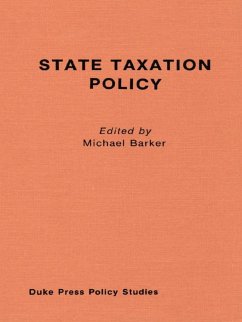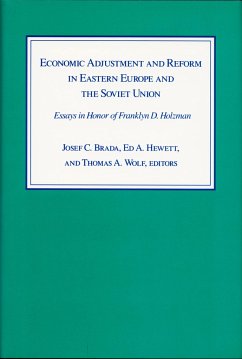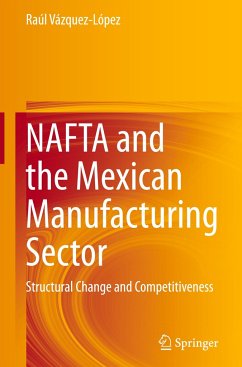
Economic Policy Making in Mexico
Factors Underlying the 1982 Crisis
Versandkostenfrei!
Versandfertig in über 4 Wochen
112,99 €
inkl. MwSt.

PAYBACK Punkte
56 °P sammeln!
This volume argues that the Mexican crisis of August 1982, in which the country was left facing the prospect of national default and zero economic growth, was not only the result of some fundamental flaws in the country's economy, but is more accurately characterized as a cash flow problem-in the author's words, "a case of illiquidity rather than insolvency." Based on a thorough analysis of the Mexican economy, the book assesses the effectiveness of the various economic programs of the de la Madrid presidency in dealing with the nation's problems.












